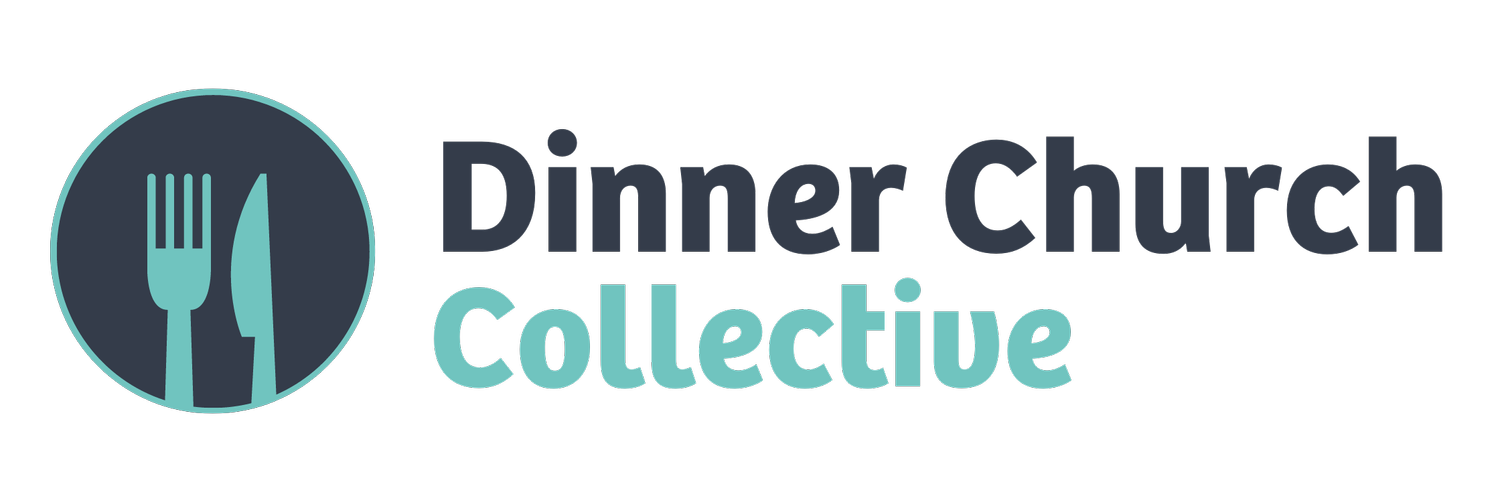Who Can Lead a Dinner Church? with Jeremy Veninga
Listen
Watch
Show Notes
Who starts a Dinner Church? In this episode, Verlon reconnects with Jeremy Veninga, who leads two Dinner Churches in St. Louis. Jeremy describes his sense of calling, and how he overcame his lack of formal education. Listen and learn how God is using everyday people to do extraordinary things.
Help us spread the word about the Dinner Church podcast by subscribing and leaving us reviews on Apple Podcasts, Spotify, YouTube or wherever you enjoy your podcasts.
Related Resources:
Dinner Church School of Leadership
Email us: podcasts@freshexpressions.com
Interview Summary
"Very quickly, we realized how effective it still was 2000 years later with highly isolated and highly secularized people," shares Jeremy Veninga in a profound discussion about the resurgence of dinner churches across the United States. Hosted by Verlon Foster on the Dinner Church podcast, this episode dives deep into the transformative impact dinner churches have on communities and spiritual life today.
Historical Significance and Modern Adaptation
Jeremy Veninga and Verlon Foster discuss the roots of the dinner church concept, tracing it back to the early practices of Christianity where followers of Jesus would meet in homes, sharing meals and their lives together. This approach was not only about nourishment but also about fostering a tight-knit community bonded by faith. In today’s context, Jeremy points out the effectiveness of reviving this ancient tradition to address modern spiritual isolation and create a welcoming environment for diverse populations.
The table church, if you will. And very quickly, we realized how effective it still was 2000 years later with highly isolated and highly secularized people.
Community Impact
Jeremy elaborates on how dinner churches effectively engage people who might otherwise feel disconnected from traditional religious institutions. By creating an informal space that removes the barriers of conventional church settings, dinner churches appeal to individuals seeking spirituality without formalities. This approach has proven particularly effective in reaching out to the secular or unchurched population, offering them a place not just to eat but to belong and be part of a community.
We begin to watch them open up in one neighborhood, after another, after another.
Challenges and Successes
The conversation shifts to the practical aspects of initiating and sustaining dinner churches. Jeremy shares both the struggles and triumphs experienced along the way. He talks about the logistical challenges, such as finding locations and overcoming initial resistance from communities unfamiliar with this model of church. However, the successes, as Jeremy points out, far outweigh these challenges, with many communities experiencing a revival in their engagement and spiritual life.
We have 14 dinner churches, and we're opening new ones all the time as the Lord opens up new doors for us.
Jeremy Veninga's insights highlight a crucial pivot in contemporary ministry, showing that ancient practices can find new relevance and profound impact in today's world. The growth of dinner churches under his guidance illustrates a promising path toward more inclusive and engaging community-based worship.
Reflection Questions
- How does the concept of dinner churches challenge traditional views of worship and community?
- What can be learned from the early Christian practice of breaking bread together that is applicable today?
- How can dinner churches be adapted to cater to diverse demographic groups?
- What are the potential obstacles in introducing a dinner church in a new area, and how can they be overcome?
- How does the dinner church model foster a sense of community and belonging?

